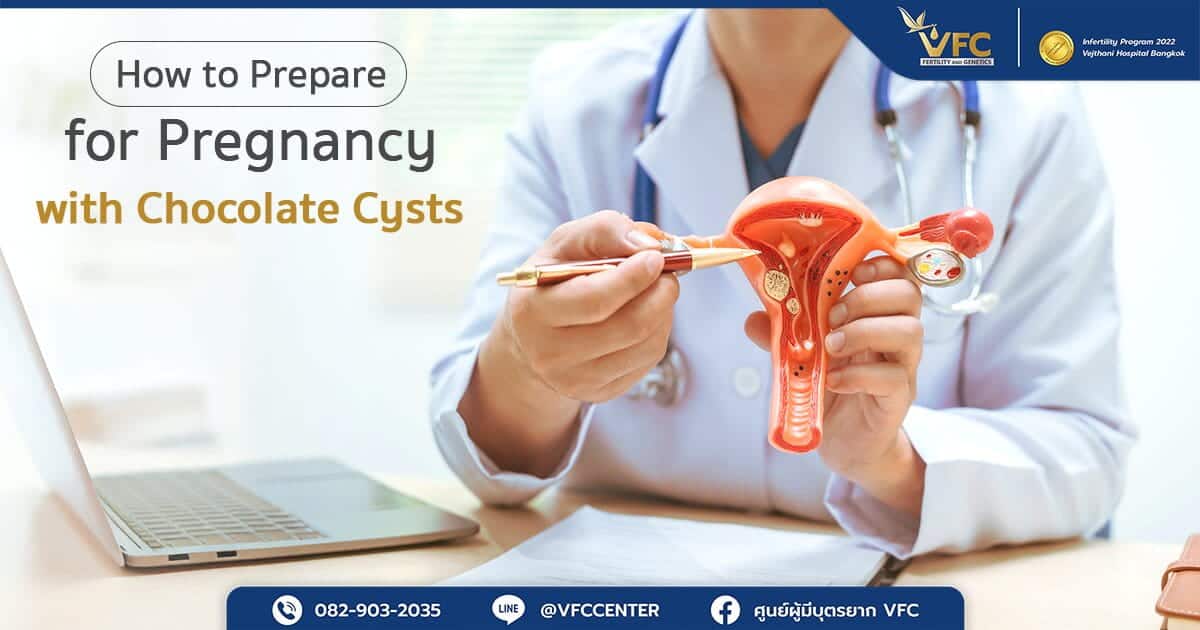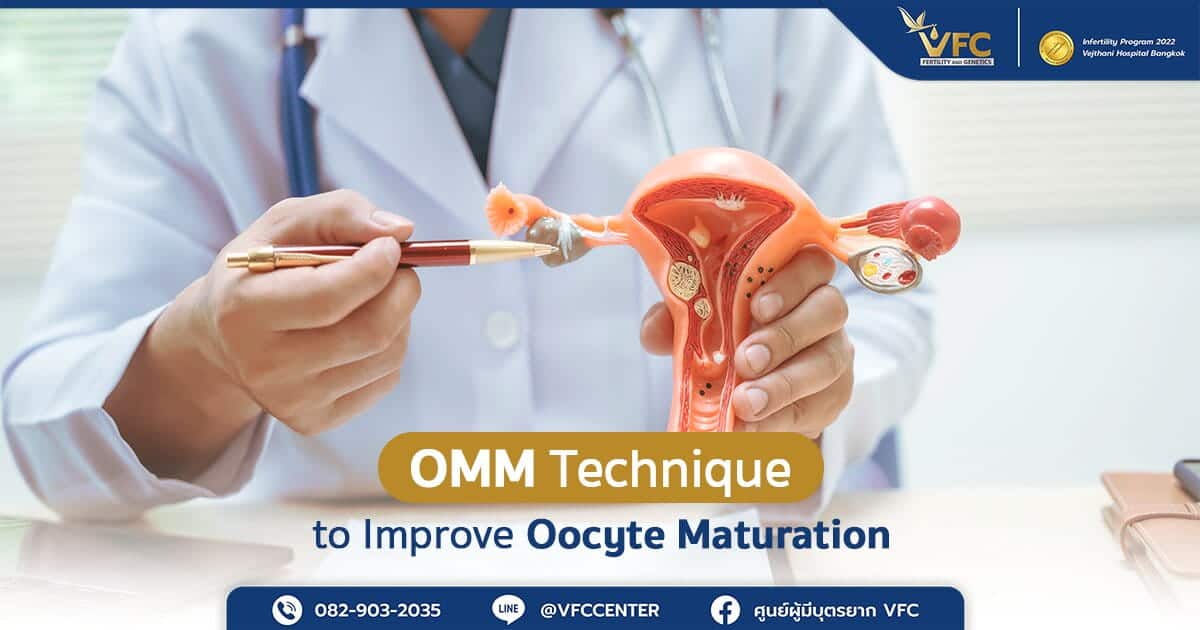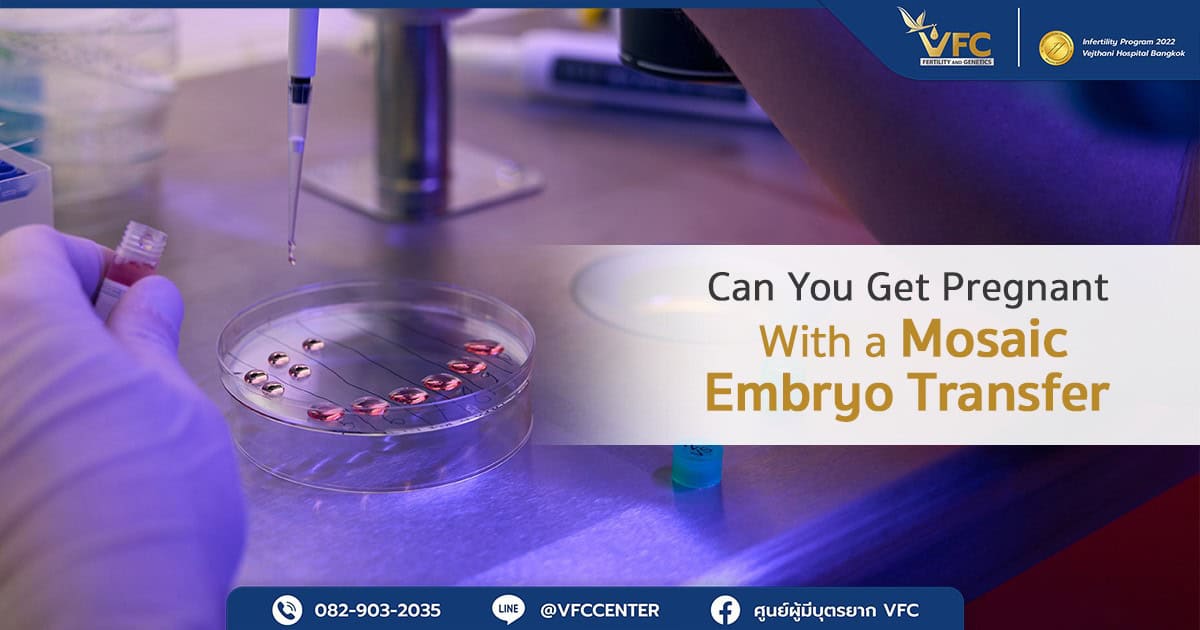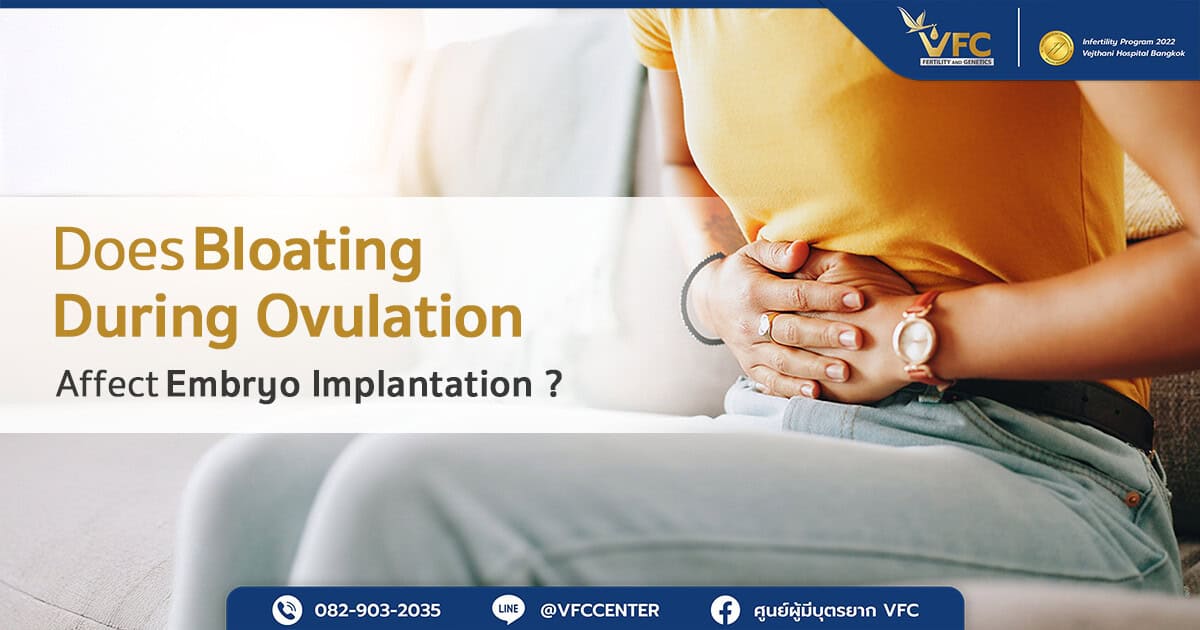Stopping Medication Before Ovarian Stimulation Guide
Preparing for pregnancy with cysts? Learn about stopping medication before ovarian stimulation for ICSI and how to get your body ready....
Varicocele Problems and Semen Not Meeting Standards
Explore how varicocele problems are linked to semen not meeting normal standards, reduced sperm quality, and treatment options to improve fertility ...
OMM Technique for Immature Oocyte Conditions Before IVF
Immature oocytes can reduce pregnancy success. The OMM technique matures oocytes in the lab, supporting fertilization while lowering the risk of OHSS....
Mosaic Embryo Transfer: Risks & Pregnancy Success
Learn the facts about mosaic embryo transfer, including risks, outcomes, and proven ways to improve pregnancy success for infertility patients...
Embryo Transfer Failed? What Your Period Can Tell You
Bleeding after your procedure? Learn about the period after embryo transfer, symptom colors, and definitive signs if an embryo transfer failed....
Post-Egg Retrieval Symptoms and Aftercare Guide
Learn post-egg retrieval symptoms, including abdominal pain after egg retrieval, possible complications, and safe aftercare tips for recovery. ...
Does Bloating During Ovulation Affect Embryo Implantation ?
Does bloating during ovulation affect embryo implantation ? Learn hormonal causes, warning signs, and self-care tips to support pregnancy...











